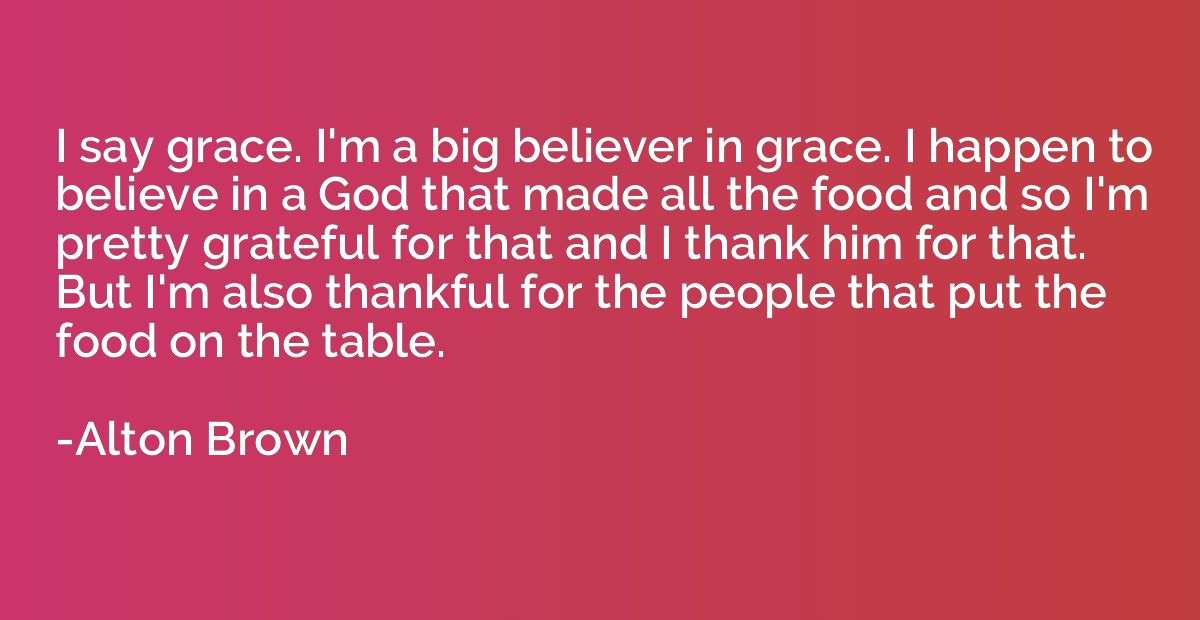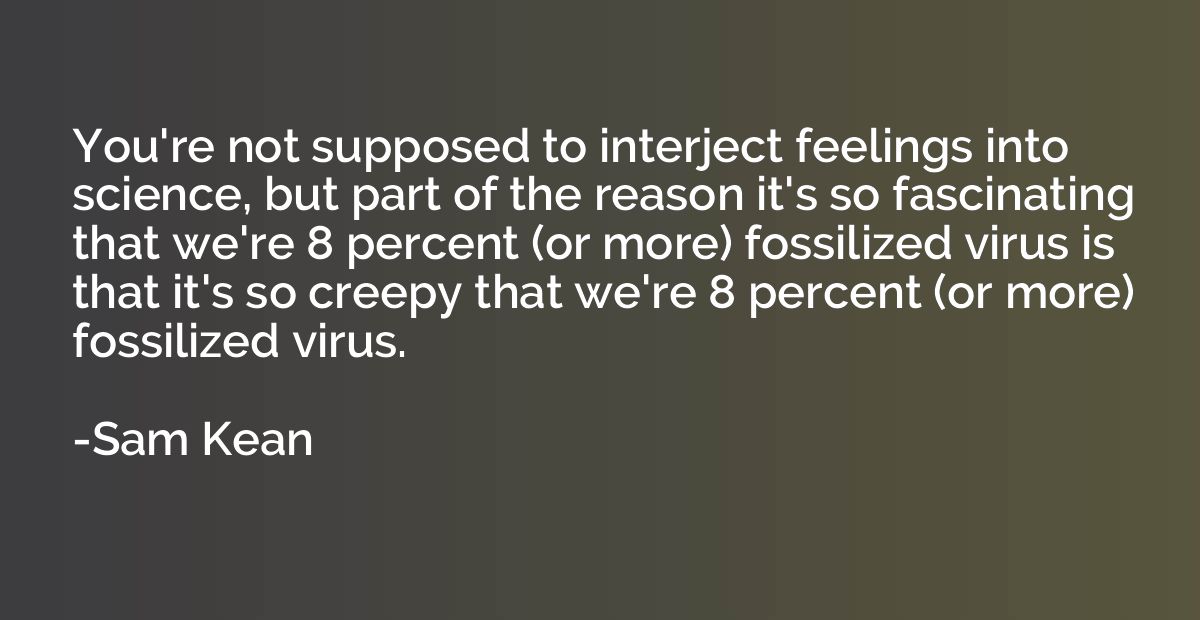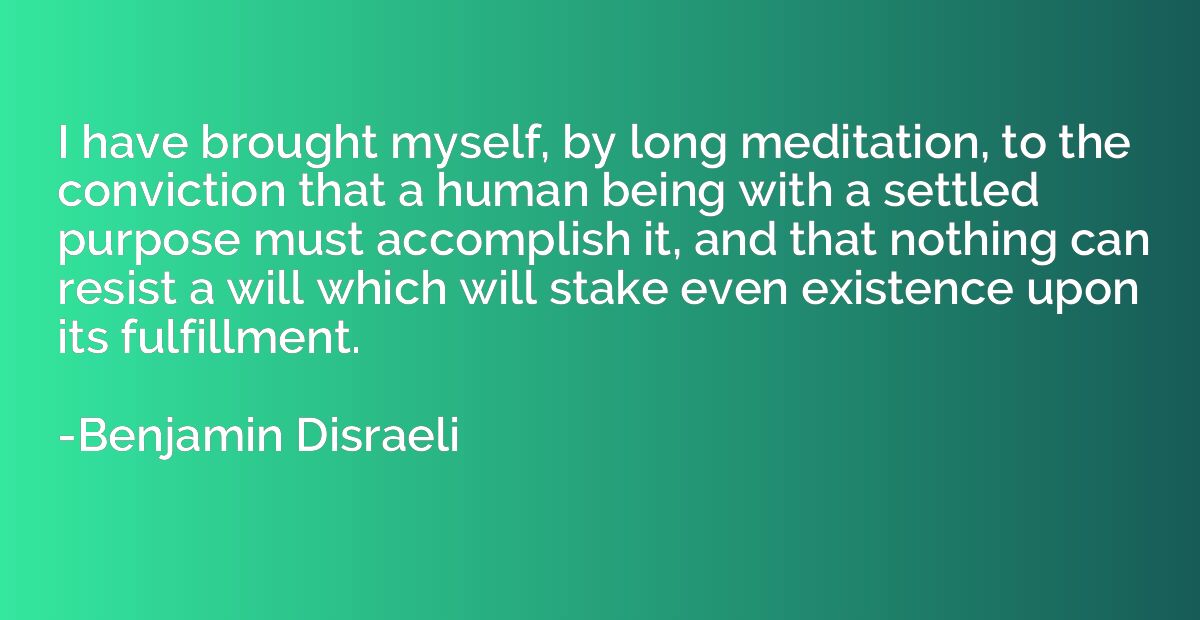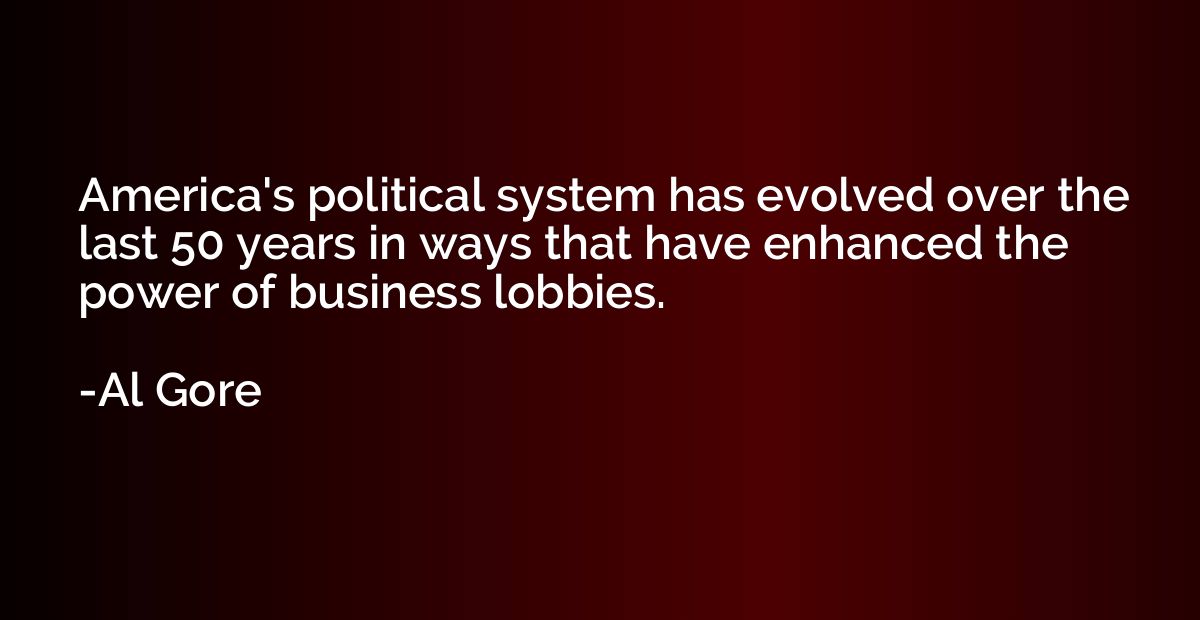Quote by Alton Brown
I say grace. I'm a big believer in grace. I happen to believe in a God that made all the food and so I'm pretty grateful for that and I thank him for that. But I'm also thankful for the people that put the food on the table.

Summary
This quote expresses the speaker's belief in grace, particularly in relation to food. They have a strong conviction in a higher power, thanking God for creating all the food and showing gratitude for it. Additionally, the speaker acknowledges and appreciates the efforts of those who played a role in getting the food onto their table. It reflects a broader sense of thankfulness towards not only the divine but also the individuals involved in the process of providing sustenance.
Topics
Food
By Alton Brown














